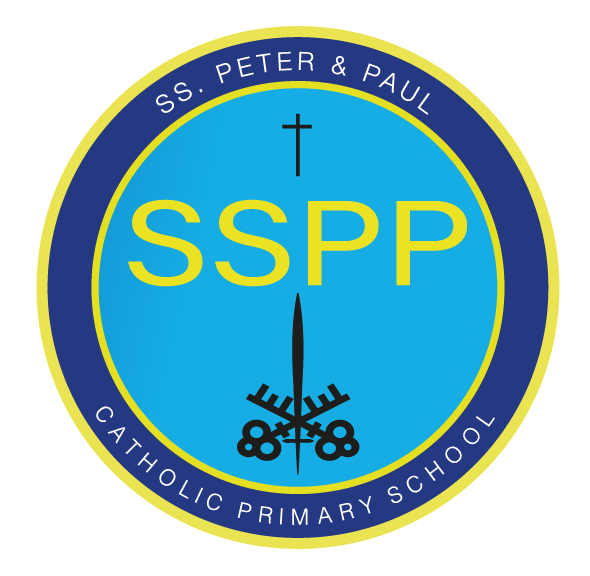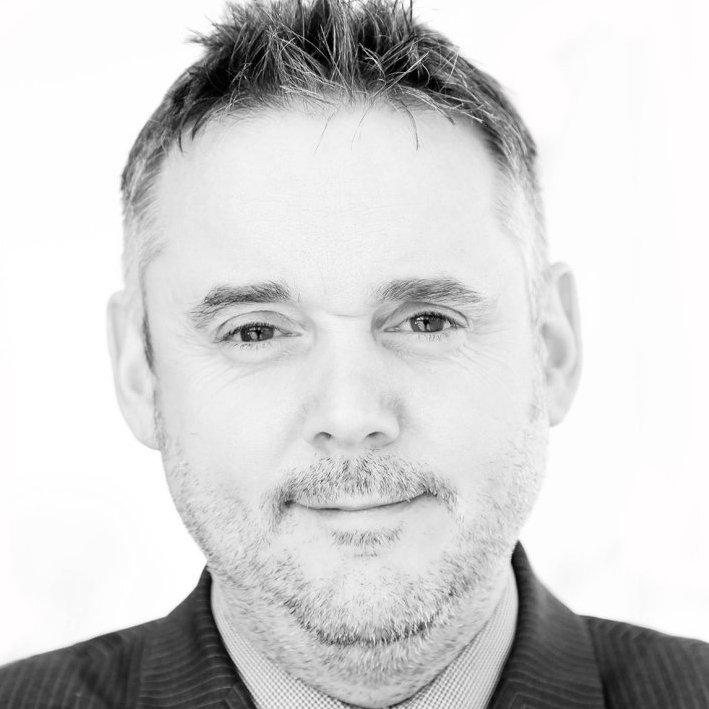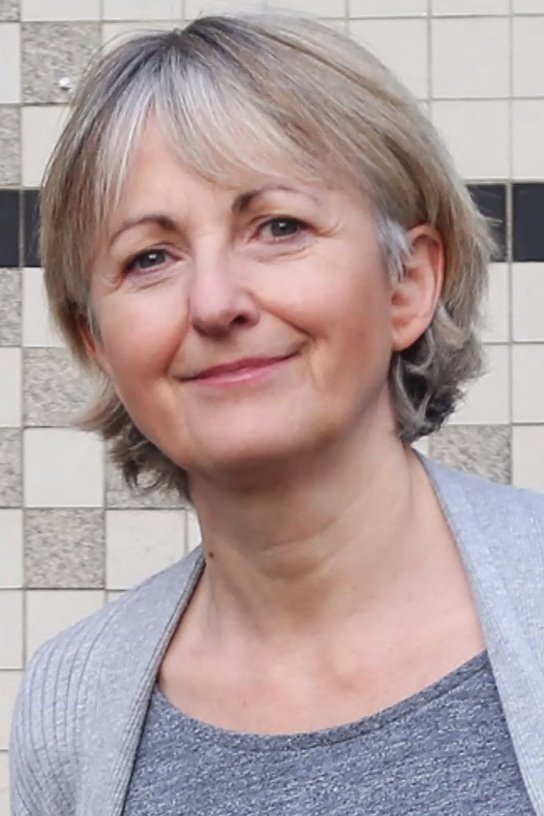
Curriculum Vision
A Curriculum of Hope
Our world is changing at an ever rapid pace. Our children will face challenges, as human beings have throughout time, that will test their ingenuity, creativity and moral fibre such as climate change, technology and equality.
It will require risk taking and bravery, self-regulation and ambition, innovation and determination, in order to bring meaning and purpose to their lives, and lives of others.
Through a knowledge rich and humanity rich curriculum, we will equip children to know what to do, when they don’t know what to do.
THE POWER OF STORIES
“The human mind seems exquisitely tuned to understand and remember stories -so much so that psychologists sometimes refer to stories as “psychologically privileged,” meaning that they are treated differently in memory than other types of material.”
We knew at SSPP, that designing a curriculum to match our vision, required teachers and leaders to look closely at curriculum research, and understand how we can best help children to learn the knowledge and skills required. Through reading Daniel Willingham’s ‘Why Don’t Students Like School’ we developed an awareness of the power of stories, and how they have a huge impact in helping children’s long term memory.
According to Willingham stories are based around the 4 Cs:
Causality: through stories, we develop an understanding that events are not random; they connect; one thing causes another. It’s a well-understood notion to the extent that we seek out causality – we’re thinking about it as stories unfold.
Conflict: stories very often involve protagonists needing to overcome difficulties in pursuit of a goal; there are challenges to overcome.
Complications: the sub-plots and sub-problems that make up a story are what give it depth and add interest.
Character: good stories have strong characters where their qualities become evident through their actions; we deduce their qualities rather than having them being told.
According to Willingham, stories are easy to comprehend, they are interesting and they are easy to remember. This is why we wanted to build our curriculum with a story woven throughout each year group.
Building on this understanding, Dr Debra Kidd’s book ‘A Curriculum Of Hope - As rich inHumanity as in Knowledge’ took our research further and deeper. Here, Dr Kidd brings together both knowledge and humanity together, giving rich examples for curriculum planning and ideas that matched our curriculum vision.
Throughout the book, Debra presents a plethora of examples that demonstrate how schools, parents, pupils and the wider local community can learn together to build from within, which aligned with our curriculum vision
Throughout 22/23, we worked alongside Debra and Hywel through conversations around curriculum development. As a result, we will be working closely with both Debra and Hywel in person throughout 23/24 in the next phase for our curriculum journey.
Both Debra and Hywel talk about the power of hinterland knowledge to help children know, understand and remember core knowledge. Debra Kidd goes one step further to talk about hinterland, putting the children within the story, within the knowledge to allow a deeper level of understanding. Examples of this can be found throughout our curriculum at SSPP.
This is also supported by Christine Counsell, Senior Lecturer in the Faculty of Education at the University of Cambridge, and DFE advisory for the History curriculum talks about the importance of hinterland knowledge.
“The core knowledge you want pupils to remember is supported by an equally important hinterland, the little examples, the stories, the illustrations, the richness, the dwelling on this, but not that, and the times when you as a teacher go off-piste with your passion.”
FEWER THINGS IN GREATER DEPTH
“Any intelligent fool can make things bigger, more complex, and more violent. It takes a touch of genius - and a lot of courage - to move in the opposite direction.”
As Mary Myatt pointed out with the quote from Schumacher, having the courage to move in the opposite direction.
To do fewer things in greater depth takes bravery and well-informed decisions to dramatically reduce the amount of ‘stuff’ being taught (whilst still hitting all the National Curriculum expectations) and allow more time for what was left, to be taught in greater depth.
This took time. Plenty of iterations, discussions with subject leaders, subject specialists and curriculum experts. As a leadership team, we invested in giving teachers time for reflection and curriculum building.
Key questions were asked at each stage of iteration: Does the school curriculum reflect our school vision? Does the school curriculum reflect our school values? Does our school curriculum allow all learners flurrish and expand their understanding of themselves and the world? As Christine Counsell said, A curriculum exists to change the pupil, to give the pupil new power. One acid test for a curriculum is whether it enables even lower-attaining or disadvantaged pupils to clamber into the discourse and practices of educated people, so that they gain the powers of the powerful.
This was an exciting part of our curriculum journey. One that resulted in a change to the format of teaching weeks, from six half terms to 4 themes - 3 of which are 10 weeks long. Theme 4 is designed for the whole school to come together each year and design a showcase event, building on knowledge taught throughout the year. Each year, theme 4 will have a different focus.
Through courage, determination, collaboration and reflection, we took a huge step forward in curriculum design.
Fewer things in greater depth? You bet!
Our curriculum is by no means complete, as no curriculum should ever be. We will be constantly tweaking, innovating and changing it to meet the needs of our children and the world we live in.






